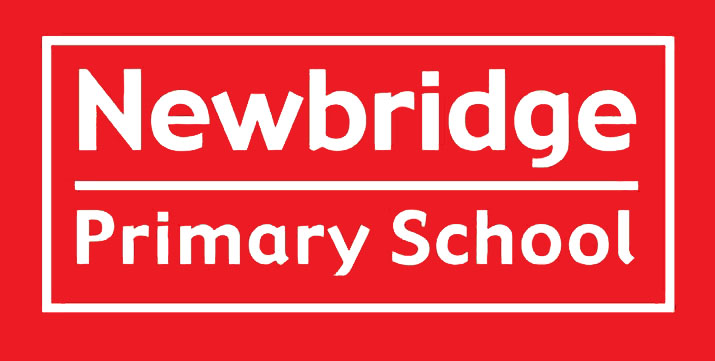
EARLY YEARS FOUNDATION STAGE
The Early Years Foundation Stage (EYFS) applies to children from birth to five years of age. The final year of the EYFS is referred to as the reception year. In our school, all children join us at the beginning of the school year in which they are five (compulsory schooling begins at the start of the term after a child's fifth birthday).
At Newbridge Primary we are committed to underpinning our provision with the four distinct but complimentary themes of the Early Years Foundation Stage in our reception classes. A Unique Child, Positive Relationships, Enabling Environments, Learning and Development.
Aims of the Foundation Stage
In the EYFS setting at Newbridge Primary School we believe that all children are entitled to the best possible start in their school life, both intellectually and emotionally, in order to enable them to develop their full potential.
We aim to support each child's welfare, learning and developmental needs by:
- Recognising that all children are unique and special. Understanding that children develop in individual ways and varying rates- physically, cognitively, linguistically, socially and emotionally.
- Providing a safe, secure and caring environment where children feel happy and know that they are valued by the practitioners looking after them.
- Fostering and nurturing children's self-confidence and self-esteem through their developing awareness of their own identity and role within the community.
- Teaching children to express and communicate their needs and feelings in appropriate ways.
- Encouraging children's independence and decision- making, supporting them to learn from their mistakes.
- Developing children's understanding of social skills and the values and codes of behaviour required for people to work together harmoniously.
- Supporting children to develop care, respect and appreciation of others, including those beliefs, cultures and opinions different to their own.
- Understanding the importance of play in children's learning and development. Providing learning experiences in play that reflect children's personal interests and areas of curiosity in order to encourage and develop their natural desire, interest, excitement and motivation to learn.
- Providing experiences which build on children's existing knowledge and understanding in order to challenge, stimulate and extend their learning and development.
- Providing effective learning opportunities in a range of environments, inside and outside.
Active Learning through Play
At Newbridge Primary School we recognise that young children learn best through being active. We understand that active learning involves other people, objects, ideas and events that engage and involve the children for sustained periods. Therefore, we believe that Early Years education should be as practical as possible and our EYFS has an ethos of learning through play. We recognise the importance of children's play. It is an essential and rich part of their learning process, supporting them in all areas of development. Play is a powerful motivator, encouraging children to be creative and to develop their ideas, understanding and language. Play is also flexible and able to suit the preferred learning style of the child. It can provide multiple ways for children to learn a variety of skills and concepts.
In the EYFS at Newbridge Primary School practitioners provide both structured and unstructured play opportunities inside and outside. These activities are designed to engage children in practical, first-hand experiences which will support children to discover, explore, investigate, develop their personal interests and areas of curiosity, and help to make sense of the world around them as they begin to understand specific concepts. Play opportunities are also set up to provide children with opportunities to apply newly acquired knowledge, demonstrating their skills and levels of understanding.
In providing these active learning opportunities through play we understand the central position of play within the EYFS framework. This is essentially a play based curriculum and pedagogy as the provision of play opportunities underpins its delivery within settings.
Assessment and Record Keeping
Ongoing assessment is an essential aspect of the effective running of the EYFS setting at Newbridge Primary School. Regular, planned and focused assessments are made of the children's learning and individual needs. The main EYFS assessment method is through practitioners' observations of children in different teaching and learning contexts, including both adult focused activities and child initiated play. Each child's progress in all areas of learning is recorded.

